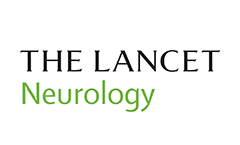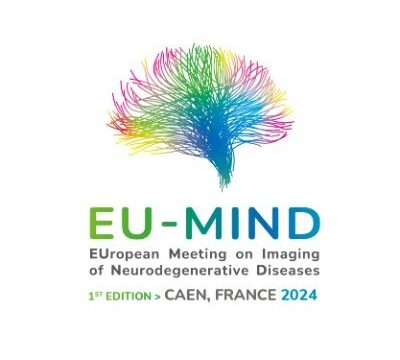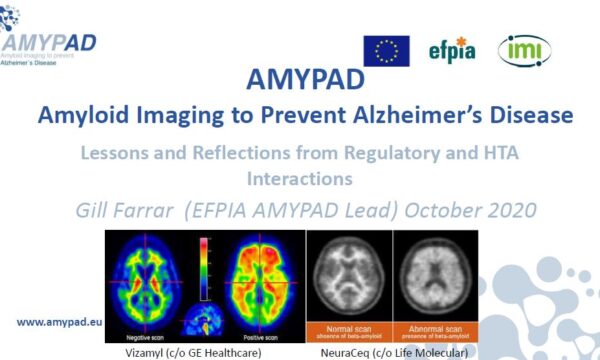What is your current role in AMYPAD?
I joined the AMYPAD project in January of 2017 as a PhD student at the VU University Medical Center Amsterdam. With my background in Clinical Neurosciences and Neuropsychology, I was looking forward to be involved in both recruitment of the diagnostic and prognostic study, as well as research within the field of disease modelling. During my first year as a PhD, I was involved in local submission to the ethical committees to obtain approval for both studies and starting up recruitment; a challenging endeavor from time to time, considering the broad amount of specialties and partners involved in amyloid PET studies. Nonetheless, the combination of neuroscientific research and clinical work, allowing active interaction with both patients and participants, reminds me for who we are ultimately performing these studies for. My work within the AMYPAD project and the collaborations that come with it have allowed me to grow in a pace I did not anticipate at first, both at a personal as well as scientific level.
What is your overall vision?
Considering that I myself combined two masters to improve my understanding of brain diseases, I believe that consortia are essential in making the next step in Alzheimer’s disease research. The collaborations established in IMI funded projects, including AMYPAD, enable for a broad range of experts to come together and move forward in our understanding of disease mechanisms, improve patient care, and develop disease-modifying therapies.
What do you find most challenging about the project?
The mere seize of an European based multi-center study has its challenges, ranging from communication between sites to necessary legal documents, which we sometimes only discover along the way. Nonetheless, being part of a team with one common goal strengthens everyone’s perseverance in achieving what we sat out to do. I am very fortunate and happy to be part of such an inspiring team.
Lyduine’s thesis: “The AMYPAD project: Towards the next stage in amyloid PET imaging”
Defence: 1st July 2021. You can read the thesis here.



